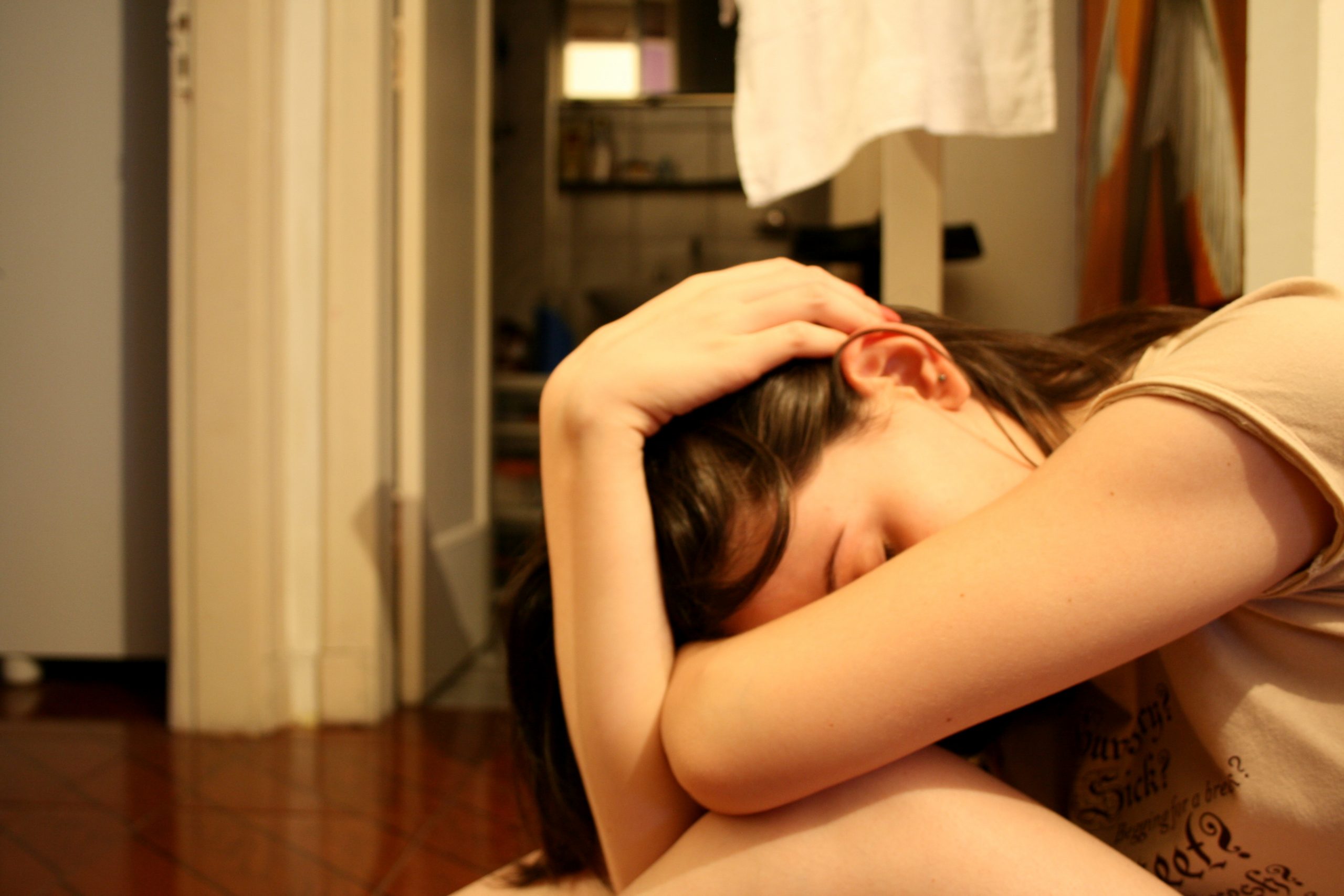The question that plagues most snorers and restless sleepers is, do I have sleep apnea? As sleep apnea is a severe medical condition, it’s impossible to self-diagnose or treat the condition without professional medical assistance. However, spotting the warning signs is an integral part of the diagnosis process, as this allows you to seek help when the concerns about your sleeping patterns arise. In this article, we share with you common warning signs of sleep apnea, and the appropriate times to consult your doctor about your symptoms.
Snoring
Let’s begin with the most obvious symptom of sleep apnea that most people are aware of: snoring. This loud noise emitted during sleep is an indication there is a blockage to the airway. What most sleep apnea sufferers experience is a loss of breathing or difficulty breathing during sleep, or waking up gasping, and this is a vital sign to identify. Some people snore as a result of lifestyle or nutrition choices, such as a reaction from excessive alcohol consumption or food intolerances; therefore, it’s crucial to investigate what type of snoring you experience.
Fatigue and excessive tiredness
As a result of disturbed sleeping, and the lack of oxygen your brain has received during sleep, most sleep apnea sufferers experience fatigue and feelings of being tired during the day. These symptoms occur despite how many hours of sleep you have received; it is particularly noticeable for people who have eight to nine hours of sleep yet can’t explain why they feel so tired.
Mood and Concentration Changes
From the interrupted and challenging sleep, sleep apnea sufferers complain of mood changes and fluctuations in their ability to concentrate. The lack of quality sleep can naturally leave people feeling moody, depressed and highly short-tempered. An issue with this particular symptom is that it’s associated with many other conditions, hence the importance of seeking professional medical help if this applies to you.
Interrupted Sleep
Very common for sleep apnea sufferers is the experience of an interrupted night’s sleep more often than not. Excessive sleep interruption can mean a multitude of things to different people; this can be waking up multiple times during the night, extreme tossing and turning, and periods of persistent insomnia.
Symptom Concerns
As we mentioned earlier, sleep apnea can only be diagnosed by sleep specialists through highly effective testing means. If you are concerned you, or your loved one, is displaying any of these warning signs, you are best to contact your doctor to discuss them thoroughly.

